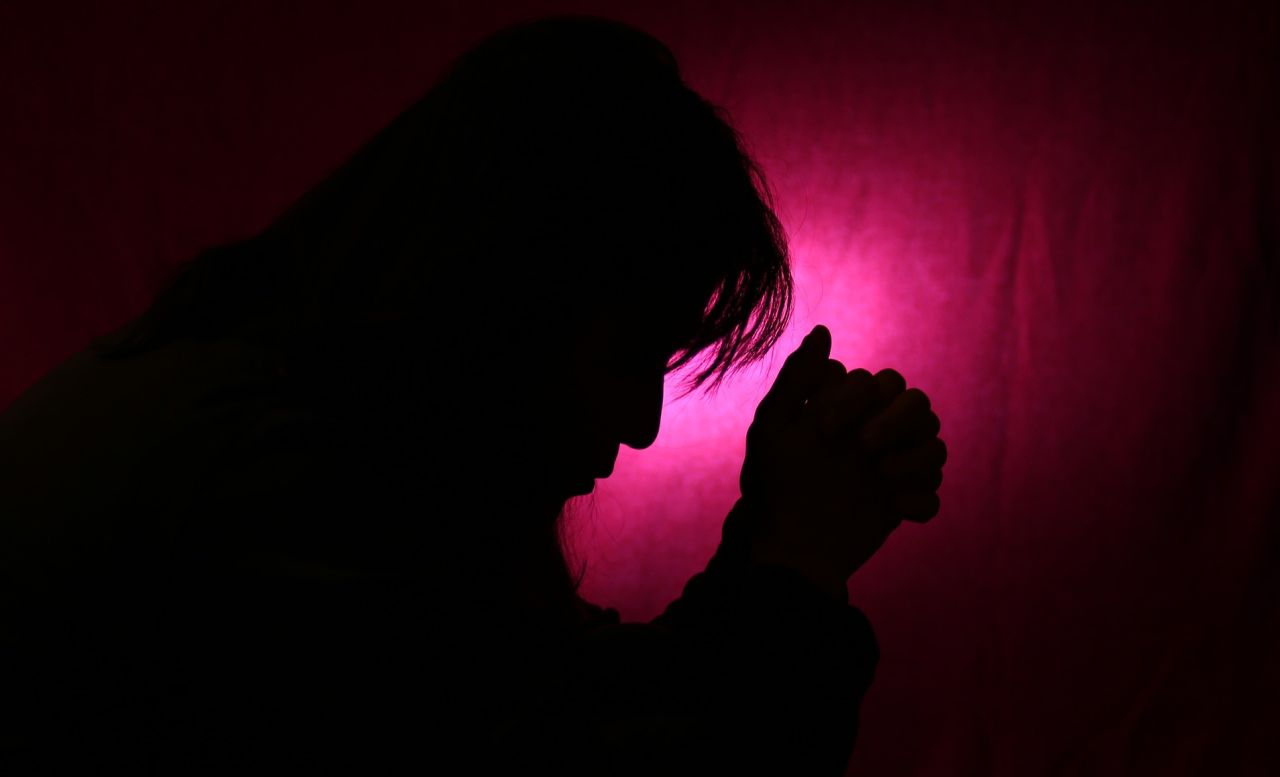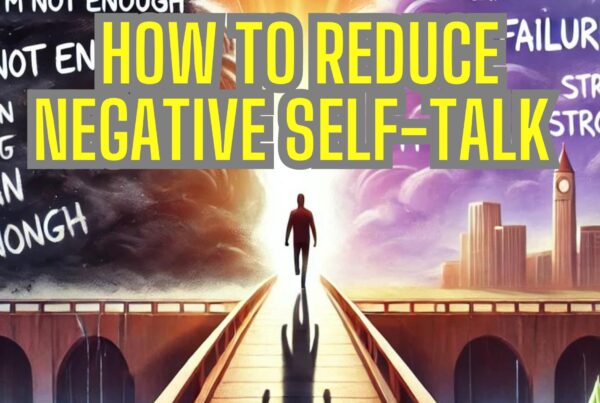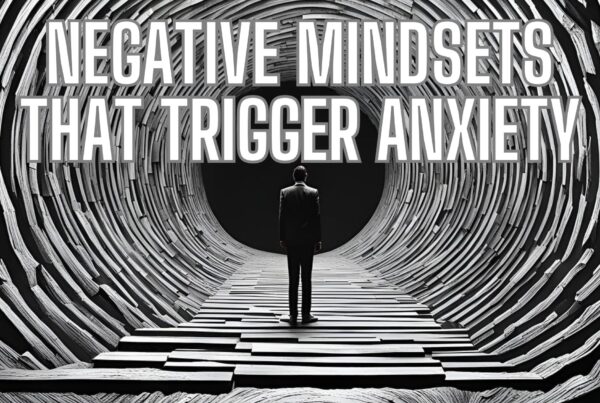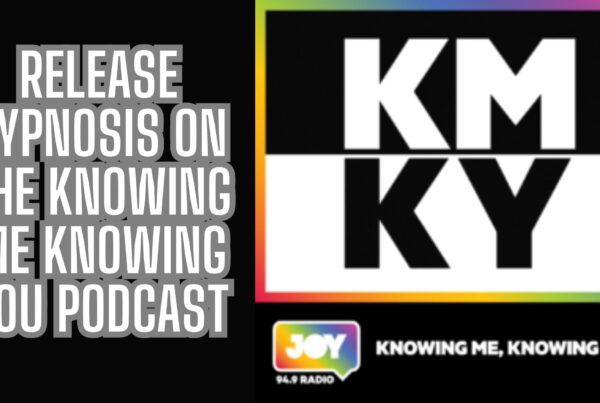Is Depression a Side Effect of Anxiety?
If you’re feeling anxious, chances are that you may also be feeling down in the dumps. You might be wondering if anxiety and depression are linked, and if depression is a side effect of anxiety.
In this blog post, I’ll explore the relationship between anxiety and depression, their causes, and five coping strategies that you can use to manage anxiety.
What are Anxiety and Depression?
Let’s start by defining anxiety and depression.
Anxiety is a feeling of worry, fear, or unease about something that has yet to happen or might never happen.
Depression, on the other hand, is a mood disorder characterized by persistent feelings of sadness, hopelessness, and a loss of interest in things that used to bring pleasure.
They’re often the two sides of the same coin; one is a fear of loss in the future while the other is dealing with loss in the past.
Are Anxiety and Depression the Same Thing?
While anxiety and depression share some similarities, they are not the same thing.
However, they often occur together and can have a compounding effect on your mental health.
When anxiety persists for a long time, it can lead to feelings of helplessness, which can trigger depression. This is especially true when anxiety is left untreated and becomes chronic.
What are the Main Causes for Anxiety and Depression?
The causes of anxiety and depression are complex and multifaceted.
Some of the main causes of anxiety include stress, trauma, genetics, and (potentially) brain chemistry imbalances.
Depression, on the other hand, can be triggered by a major life event such as a loss, trauma, or significant change, as well as genetic factors and (potentially) chemical imbalances in the brain.
I should add that there has been recent research that may indicate it isn’t as linked to chemical imbalances as what has previously been thought.
Is Depression a Side Effect of Anxiety?
While anxiety and depression are separate conditions, they often occur together.
Anxiety can lead to feelings of hopelessness and a lack of control, which can trigger depression.
However, not everyone with anxiety will experience depression, and vice versa.
It’s important to note that depression is not just a side effect of anxiety, and that both conditions require their own unique treatment.
It’s also worth noting that depression is not about ‘feeling sad’. It is often linked to feelings of helplessness and hopelessness.
Coping Strategies for Anxiety
If you’re struggling with anxiety, there are several strategies that you can use to manage your symptoms.
Here are five coping strategies that can be helpful:
- Mindfulness Meditation: Mindfulness meditation involves focusing on the present moment and accepting your thoughts and feelings without judgment. It can help reduce anxiety by promoting relaxation and reducing negative thoughts.
- Exercise: Exercise is a great way to reduce stress and anxiety. It releases endorphins, which are natural mood boosters, and can improve sleep and overall physical health.
- Deep Breathing: Deep breathing exercises can help you relax and reduce anxiety. By taking slow, deep breaths, you can lower your heart rate and calm your mind.
- Limit Caffeine and Alcohol: Caffeine and alcohol can both exacerbate anxiety symptoms. Limiting or avoiding these substances can help reduce anxiety.
- Seek Support: Talking to a therapist or support group can be helpful in managing anxiety. It can provide a safe space to talk about your feelings and develop coping strategies.
Is Depression a Side Effect of Anxiety?
While anxiety and depression are separate conditions, they often occur together and can have a compounding effect on your mental health.
Anxiety can lead to feelings of hopelessness and trigger depression. However, not everyone with anxiety will experience depression, and vice versa.
If you’re struggling with anxiety, there are several coping strategies that you can use to manage your symptoms, including mindfulness meditation, exercise, deep breathing, limiting caffeine and alcohol, and seeking support. Remember that seeking professional help is also important if you’re struggling with anxiety or depression.
Book Your FREE 30 Minute Consultation With Release Hypnosis NOW!
You may also like to read:
Overcoming Anxiety and Negative Thoughts with Hypnosis
10 Mindfulness Techniques to Reduce Anxiety and Stress
How to Challenge Your Limiting Beliefs
How Does Anxiety Affect Your Body








